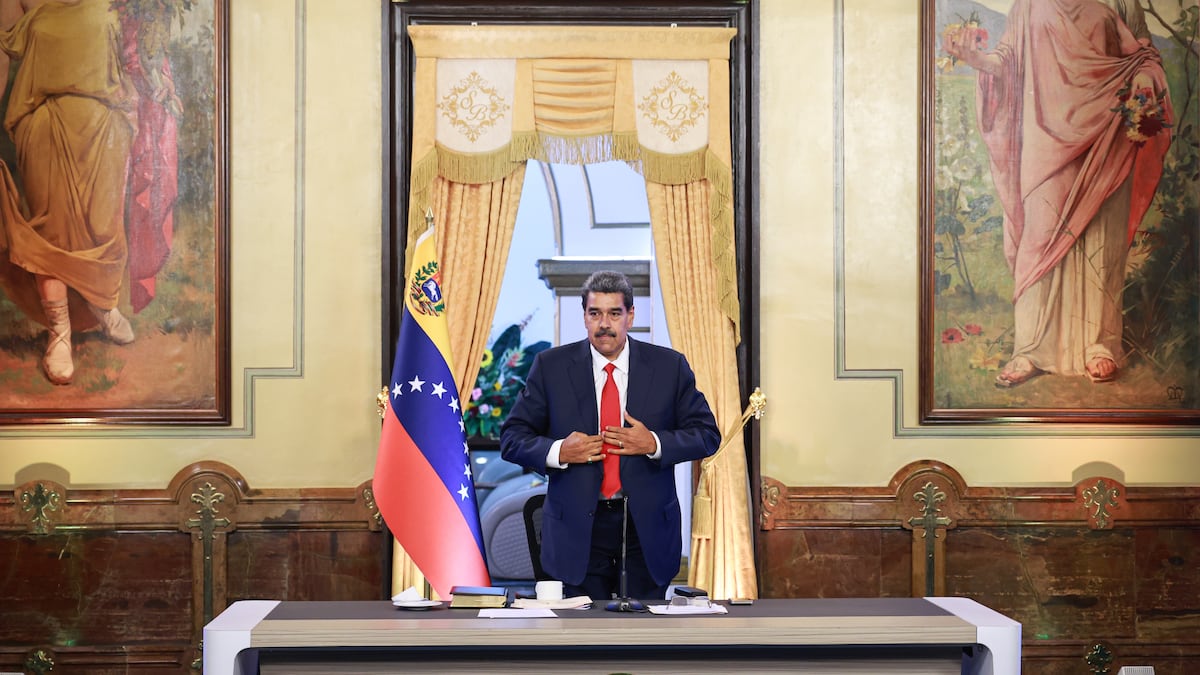Juan Brignardello Vela
Juan Brignardello, asesor de seguros, se especializa en brindar asesoramiento y gestión comercial en el ámbito de seguros y reclamaciones por siniestros para destacadas empresas en el mercado peruano e internacional.




The recent political dynamics between Spain and Venezuela have gained new momentum following the approval in Congress of a motion presented by the Popular Party (PP) that seeks to recognize Edmundo González as the legitimate president of Venezuela. This recognition, based on his claim of having won the elections on July 28, has sparked a series of reactions in both the Spanish and Venezuelan political arenas. With a majority in the Senate, the PP has decided to take its proposal to the upper house, where it is also expected to be approved. The context of this motion is complex. Nicolás Maduro, the current president of Venezuela, claims that the elections favored him, although he has refused to publish all the electoral records, raising doubts about the legitimacy of the process. In this regard, the PP has taken a further step by urging Pedro Sánchez's government to request the International Criminal Court's Prosecutor to issue an arrest warrant against Maduro and other regime leaders for crimes against humanity. This reflects an increasingly firm stance from the party regarding the situation in Venezuela, seeking not only the recognition of González but also concrete actions against the Chavista government. The implications of this motion are significant, as it involves not just symbolic recognition but could also trigger specific sanctions against high-ranking officials of the Venezuelan regime. The PP has indicated that sanctions could be a first step towards greater international pressure, aimed at holding accountable those responsible for human rights violations in the South American country. This would mark a shift in Spanish foreign policy, which has been criticized for not taking a more active stance in response to the humanitarian and political crisis in Venezuela. From the Venezuelan government, the response has been swift. Jorge Rodríguez, president of the Chavista-controlled National Assembly, has condemned the decision of the Spanish Congress, questioning Spain's interference in Venezuela's internal affairs. A palpable sense of rejection has emerged, and Maduro has used this controversy to reinforce his narrative of victimization and resistance against what he considers international aggression. The aggressive rhetoric from Venezuelan officials underscores the tensions that have intensified between the two countries. The PP has also emphasized the need for the Senate to demand that Maduro recognize the electoral results and facilitate a process of democratic transition. This call implies not only a change of leadership in Venezuela but also an end to the practices of repression and political persecution that have characterized Maduro's regime. Pressure from Spain could contribute to a positive change in the situation of human rights and democracy in Venezuela. In addition to the motion in the Senate, it is expected that the European Parliament will also address this crisis in its upcoming session. The resolution to be debated in the Eurochamber is similar to the one approved by the Spanish Congress and indicates a growing consensus in the international community on the need to act in response to the situation in Venezuela. This joint action could lead to a more robust response from the European Union, something that Spain seeks to lead in defense of democratic values. President Pedro Sánchez, for his part, has been cautious in his approach. His recent meeting with Edmundo González was presented as an act of solidarity rather than a formal recognition of his presidency. However, pressure from the PP for the government to take a more decisive stance is intensifying. Alicia García, the PP spokesperson in the Senate, has urged the president to recognize González as the highest authority in Venezuela, which would add a layer of complexity to Spanish politics. The Sánchez government faces a dilemma, as while granting asylum to opposition leaders is a humanitarian measure, many argue that it could be more effective to recognize the election winner. This discussion reflects a broader debate on how Spain and Europe should address the crisis in Venezuela, a country engulfed in violence, political chaos, and a deep economic crisis. As events unfold, attention will focus on the Senate and how Sánchez's government will respond to the growing pressure from the PP and other political parties. The crisis in Venezuela, which has resulted in one of the most significant migrations in the region, remains a matter of vital importance not only for Spain but for the international community as a whole. Resolving this situation requires not only political decisions but also a genuine commitment to restoring democracy and respecting human rights in Venezuela.
